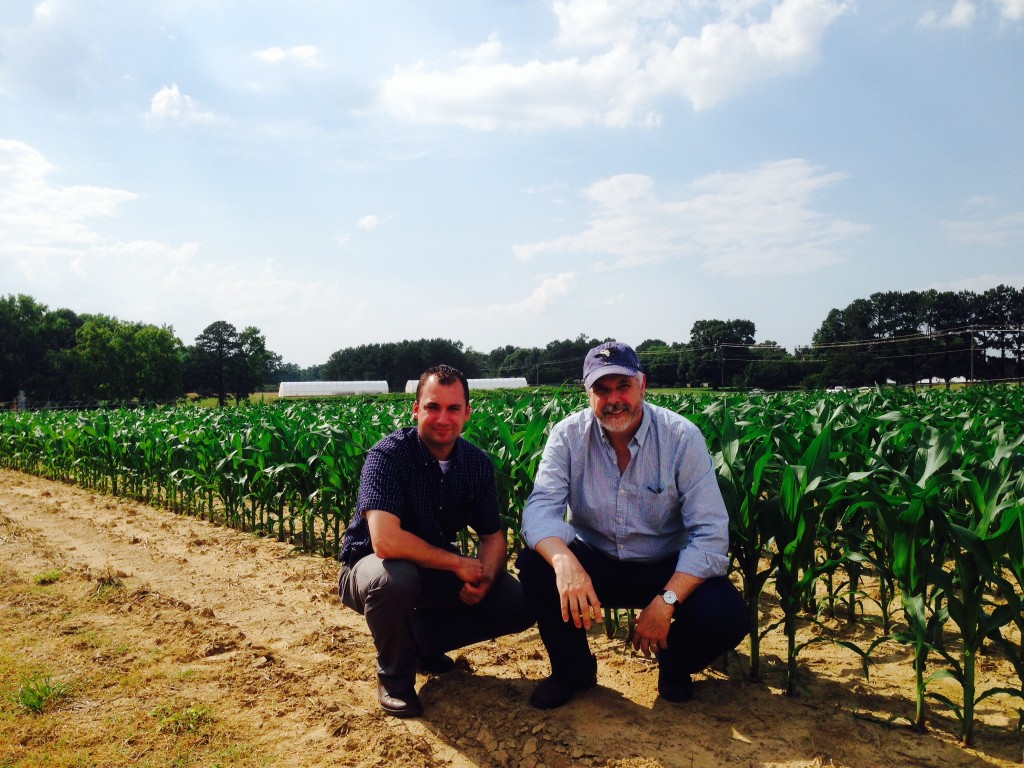For a lot of people, crop protection means traditional chemicals applied to plants to ward off insects and disease. For farmers, it means preventing losses and maintaining quality in their livelihood. For BASF, it means spending $2 million a day on research to create alternatives to traditional chemicals to increase appeal to farmers and consumers alike. BASF calls itself The Chemical Company, and with 20 new products expected to be introduced this year and next, it’s clear to see why.
The increasing voice of consumers coupled with farmer concerns is driving this change. Farmers are concerned with pest resistance resulting from relying too heavily on a given chemical, a problem in recent years. The solution has often been more chemicals, a vicious cycle of resistance and new developments. BASF has created a new “functional crop care†division that includes alternatives that complement the company’s conventional approaches, including so-called biological treatments that make seeds and plants stronger and more able to tolerate tough conditions. To help implement this new approach, BASF has hired a number of field staff to visit farms and help farmers manage their crops. This is good news for farmers- diversified crop protection gives them more options and allows them to be economically and environmentally sustainable.

Here’s me with BASF’s Rob Miller, one of my former students, at BASF’s Holly Springs research station in North Carolina.
It is important for this good news to be shared with consumers. When agricultural biotechnology was introduced 20 years ago, the industry made the mistake of not informing consumers what was going on. The industry is still paying for this lack of judgement; some consumers will still seek non-GMO products with no real knowledge about that genetically modified organisms are, except they think that they are bad. Consumers should be as informed as possible about new biological treatments, while farmers should have the necessary knowledge to not only know how to use it, but explain it to others too- and help bridge the gap between rural and urban Canada.

